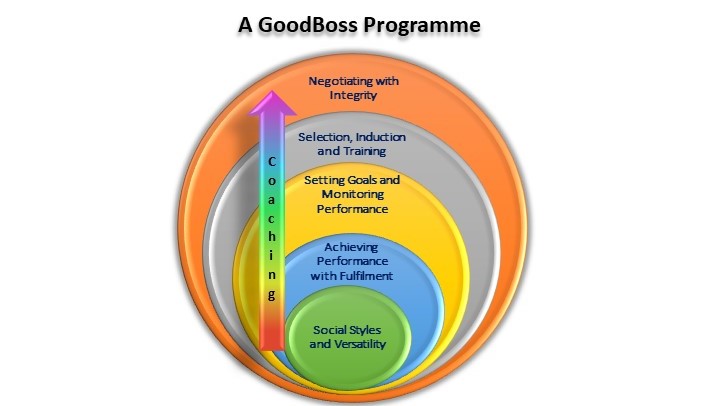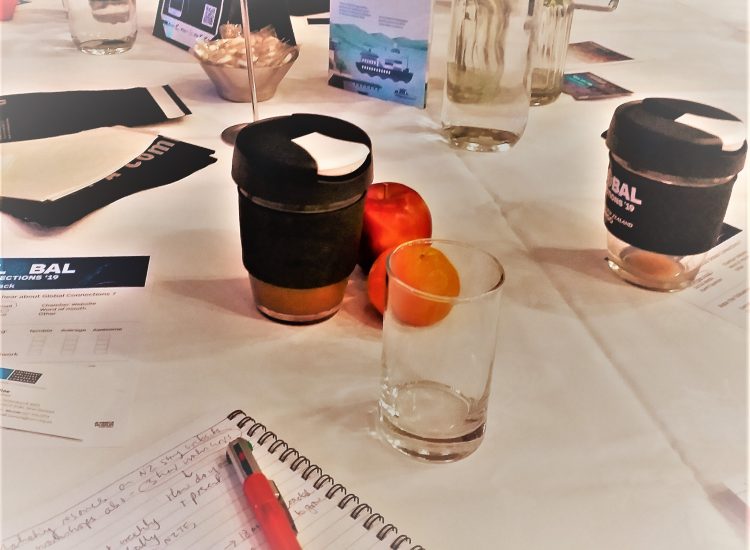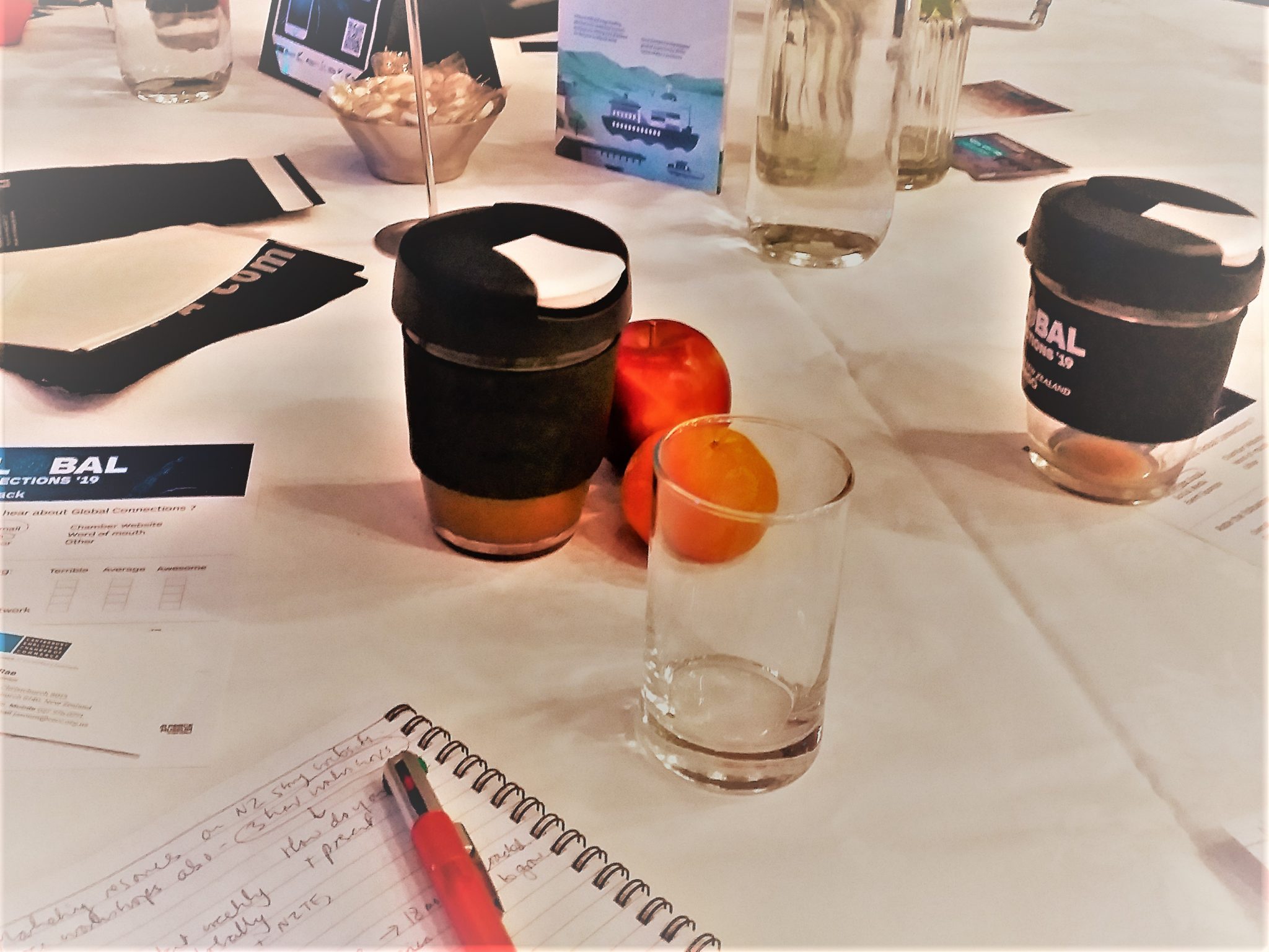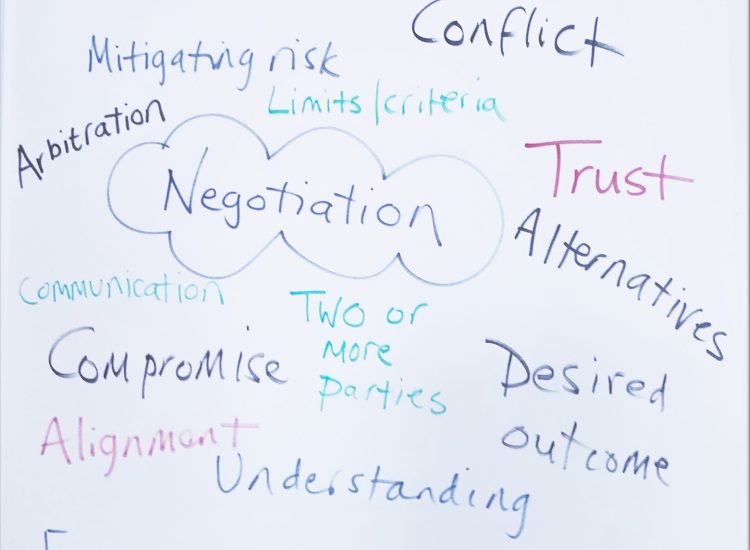There's nothing quite like a good question to start people thinking differently...
“Facilitation” reflects our approach to working with adults. It involves asking questions and engaging thinking.
We believe that majority of people have most of the skills and experience needed to be successful and fulfilled in their work.
We also believe that the work group understands most of the issues and challenges they face. More often than not, if they’re given the opportunity, they have the knowledge, skills and motivation to solve them.
We use facilitation to tap into and release this potential.

Lets get started!
- Stir up and challenge thinking to help people see new ways of seeing and doing.
- Managing the questions that are asked and their sequence improves the planning process
- Keeping the group on task to identify root cause and develop sustainable solutions


Structured Development Workshops
Before we recommend or design development workshops we work with you to understand the desired behavioural outcomes you want and the reasons why this behaviour is not currently being demonstrated.
With this understanding we are able to draw on tried and tested concepts, models, activities and case studies to select content that is appropriate and relevant for the audience. Your workshops are facilitated, rather than taught.
The facilitation process connects the workshop content with your peoples’ work and world. This enables them to make the connections that are necessary so that they find their reasons for change, thus generating the conditions necessary for sustained behavioural change.
Because we draw on tried and tested tools, this approach enables us to tailor solutions that will more effectively meet your needs.
Find out about tools we use

Facilitated Planning for Groups
Good plans that deliver good outcomes utilise the people in the work group to prepare and execute them. Using a facilitator to assist the group develop the plan enables the whole group, including the Boss, to contribute. Careful crafting of questions and the sequence in which they are answered enables the group to think more effectively and productively. Participation increases buy-in and the opportunity to explore a range of perspectives.


Facilitated Problem Solving and Decision Making
There’s nothing quite as frustrating as seeing a work group or team working hard and well on the WRONG problem. The reasons this happens are many and varied. One solution is to engage the assistance of an expert facilitator to support the problem solving and decision making process. This doesn’t mean the facilitator provides the answer. Rather they assist the group to drill down until they have identified the root cause of the problem.
Our objective when we work with clients on these sorts of issues is to transfer the knowledge and skills so that the team can develop the skills to do the diagnosis well themselves. But in the meantime, they work on the right problems.
What our clients say

FMS facilitated the Social Styles and Versatility workshop for the team. The facilitation was fun, engaging and informative. We got insights into the perception of our behaviour by others which has helped us to understand each other better. This has enabled us to effectively manage the group tension levels bringing out the best performance in people.
Nick Cairns | CEO Pegasus Engineering Ltd
The practical nature of the FMS tools, along with Marie and Harry’s expert facilitation and deep knowledge of the material, have enabled us to use these to get the best out of myself and my team!
Rob Rush | Principal, Clearview Primary
I see a great opportunity to integrate the FMS tools across the wider education sector and also within our own school to assist in the development of student leaders.
Rob Rush | Principal, Clearview Primary
FMS facilitation style is more practical and effective than classroom teaching. The results are immediate, and they are permanent. There is a real stick-ability, because the people are encouraged to come up with the solutions themselves. This creates a great positive vibe.
Ross Smith | General Manager, Operations, Blue Sky Pastures
FMS relate well to all levels in our organisation. They can talk to everybody with respect and are not like teachers at the front of a classroom. They become part of the team and have achieved better results than any other consultants. Our people like them.
Ross Smith | General Manager, Operations, Blue Sky Pastures

